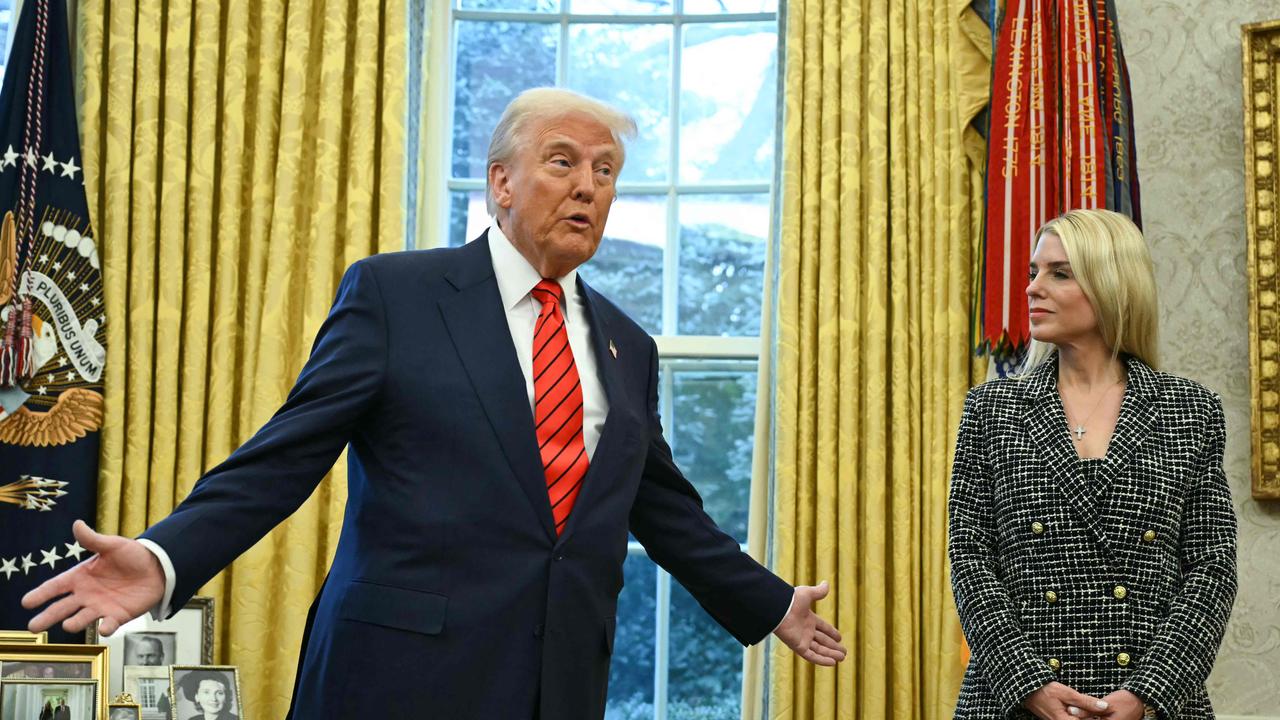Judges step into the parliament
The decision to overturn the suspension of parliament was reached by a Scottish appeals court. Three judges, including Scotland’s most senior, found unanimously that the prorogation had the improper purpose of “stymieing parliament”. This ran counter to the accepted principle of the Westminster system that the executive must be subject to scrutiny by the people’s elected representatives. Johnson had sought to evade this at a critical and necessary time, and so the judges declared the prorogation to be “null and of no effect”.
The Scottish decision demonstrates a judicial willingness to intervene in political matters regarded to be the province of the Queen and her ministers. These matters are normally beyond the view of the courts. One reason for this is that it cannot be known what Johnson said to the Queen in requesting the prorogation.
The Prime Minister says the suspension is needed to deal with government business and was not sought to evade scrutiny. As much as these assertions lack credibility, given the extraordinary length of the suspension and the broader Brexit context, they are the position of the nation’s highest political leader. Courts are normally wary to second-guess such statements or to intervene in matters of parliamentary process.
This caution is reflected in the decision of another British court that reached the opposite result in refusing to rule the prorogation illegal. The High Court of Justice, comprising three of the most senior English judges, held unanimously that the decision of the Prime Minister to advise the Queen to prorogue parliament could not be examined in the courts. This reflected the well-established refusal of courts to review political questions.
They saw the decision to prorogue as being inherently political, and so not susceptible to legal review.
The diametrically opposed positions of the Scottish and English judges expose yet another fault line in the British system of government. These are the product of the intolerable stresses put on British institutions by Brexit. Divisions are emerging due to years of paralysis over Brexit, as well as Johnson’s recent behaviour.
One example last week involved the seemingly straightforward question of whether Johnson would comply with the law.
The rule of law, itself of British origin, dictates that no one is above the law, not even the mightiest in the land. Yet Johnson said he would “rather be dead in a ditch” than delay Brexit any further. This raised the question of whether he would disobey a law enacted by parliament requiring him to do exactly that. He backed down by assuring colleagues that he would “abide by the law”.
Episodes like this highlight a deeper question that has come to bedevil the Westminster system in Britain. Britain is a parliamentary democracy, meaning parliament and not popular will determines the law and the direction of the nation. The Brexit referendum challenged this in enabling people to have a direct say. The mandate the people provided to leave the EU has come into conflict with parliament’s inability to resolve the terms of that departure. The result is a bitter feud between those who back a popular mandate and those who continue to put faith in a sovereign parliament.
If parliament loses this fight, the implications will be enormous.
It will embolden populist political leaders in Britain and other Westminster systems who claim the people’s mandate for their actions, even if that mandate is at odds with an elected legislature. Great damage may be done to the stability of those systems, and to parliamentary democracy.
We live in an era when these issues are being played out in a variety of political systems around the world. In the US, President Donald Trump continues to assert his popular mandate despite the obstruction of the House of Representatives controlled by his opponents. Trump is at least elected by the American people, whereas Johnson was not his party leader when British electors last chose their representatives.
The dangers are also greater in Britain than in the US. The latter has a written constitution that entrenches many of its foundational values. Britain has no such instrument. Its system rests upon a consensus about how government should operate, and a willingness by political leaders to play within the rules. Should they tread outside, there are few checks and balances able to bring them into line.
This is where the Scottish court decision is so significant. It amounts to a remarkable judicial intervention to enforce the rules and values of British democracy. It now remains to be seen whether the British Supreme Court will take the same path. It can maintain the traditional judicial reluctance to intervene, but at the risk of long-term damage to the conventions that define the British system of government.
The alternative is that its decision heralds a new willingness of the courts to review decisions normally regarded as the sole domain of politicians and the crown.
George Williams is dean of law at the University of NSW.



British Prime Minister Boris Johnson surprised many by proroguing the British parliament for five weeks. Even more surprising is that a Scottish court has found this to be illegal. This will be tested tomorrow when the British Supreme Court begins an urgent hearing into the matter. The case may be a landmark decision with implications both for Brexit and the long-term relationship between parliament and the courts in Westminster systems such as ours.